Mathematics celebrates 20 years of hosting REU students
The GVSU Mathematics REU was featured in an article of the FORUM.
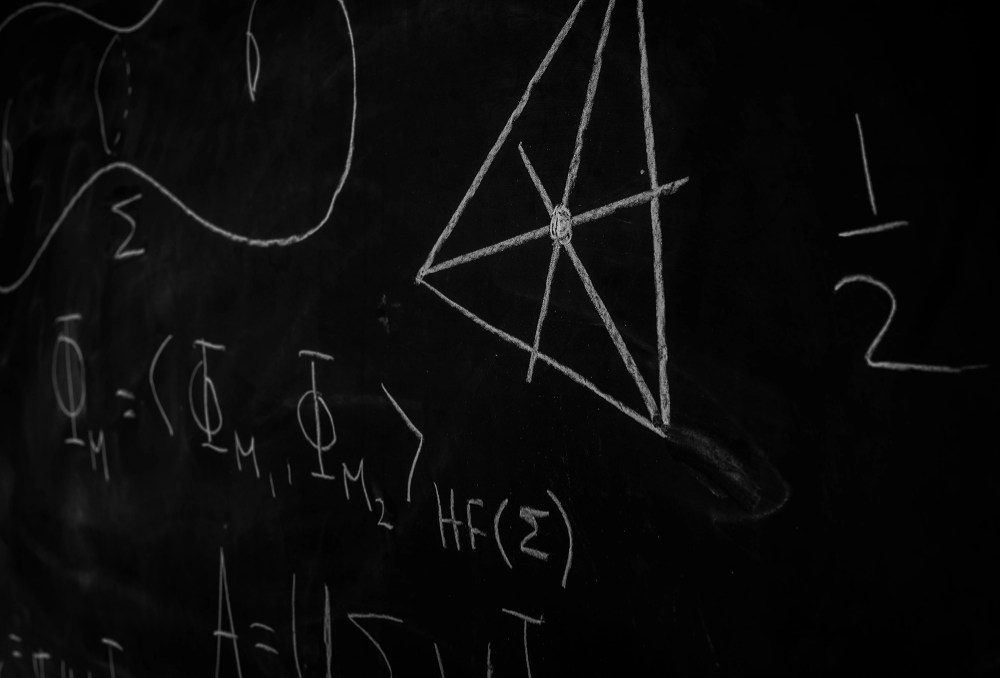
The GVSU Mathematics REU was featured in an article of the FORUM.
Many of our faculty, both math and math education, are involved in research projects with students. The ways you can participate in a research project with a faculty member at GVSU include:
MTH 496 - Senior Project
You can complete a senior project as your capstone requirement. Approach professors whose research areas sound interesting to you and ask if one of them would be willing to supervise your senior project.
MTH 399/499 - Independent Study
If you liked a specific course and would like to learn more about that topic but no advanced level course is offered, or if you are interested in one of the research areas of a professor, approach that professor to see if they would be willing to supervise an independent study on that topic. You will learn that specific topic on your own with the professor serving as a guide.
Ask a professor!
Ask any professor if they are willing to supervise a research project on the side, i.e. not for credit or a funded research program, but just for the sake of learning a topic.
Open to math majors/minors only:
Funding for research to be completed in pure or applied mathematics during the fall or winter semester; $2500 research stipend; requires 10 hours/week commitment for a semester; need to submit a proposal jointly prepared by the mentor. Applications due early May for the next academic year. For more information, visit https://www.gvsu.edu/ours/alayont-fellowship-in-mathematics-832.htm
Open to STEM students only:
Funding for research to be completed in STEM areas during the fall and/or winter semester; $2500 research stipend per semester if working 10 hours/week; $2500 per year if working 5 hours/week; $5000 per year if working 10 hours/week; need to submit a proposal jointly prepared by the mentor. Applications due early May for the next academic year. For more information, visit http://www.gvsu.edu/ours/kindschi-fellowship-860.htm
Open to all GVSU students:
Funding for research to be completed in any topic during the
summer; $4000 research stipend; $750 for supplies; requires 400
hours/12 week commitment; need to submit a detailed proposal jointly
prepared by the mentor. Applications due late January for the coming
summer. For more information, visit https://www.gvsu.edu/ours/ssp.
Funding for introductory research in any topic during the summer; for
lower-division or first year transfer students only; $2000 stipend;
$400 for supplies; requires 200 hours/12 weeks commitment or 200
hours/6 weeks;
need to submit a detailed proposal jointly prepared
by the mentor. Applications due late January for the coming summer.
For more information, visit https://www.gvsu.edu/ours/ssp.
The GVSU McNair Scholars Program, a TRiO program funded through the United States Department of Education, works with low-income and first generation, or underrepresented minorities college students who want to get their Ph.D.'s. Would you like to become a researcher? Do you get excited about your particular field or area of study? Then the GVSU McNair Scholars Program may be for you! For more information, visit https://www.gvsu.edu/ours/mcnair/.
Funding for research in applied mathematics in the area of natural resources during the summer (or semesters); $5740 stipend (for 2018); $500 for supplies; $500 for conference travel; requires 40 hours/week commitment for 14 weeks (summer information); need a very short application. Applications due early March for the coming summer. For more information, visit http://www.gvsu.edu/wri.
The National Science Foundation (NSF) funds a large number of summer research opportunities for undergraduate students through its Research Experience for Undergraduates (REU) Sites program. An REU Site consists of a group of ten or so undergraduates who work on a research project hosted at institution typically in the US. Each student is associated with a specific research project and works closely with faculty mentor(s) and other researchers. Students are granted stipends and, in many cases, assistance with housing and travel. Undergraduate students supported with NSF funds must be citizens or permanent residents of the United States or its possessions. Applications usually ask for a short statement, resume, transcript, and recommendation letters. Applications due at various dates ranging from mid-January to mid-March.
GVSU typically hosts a summer REU in mathematics. For more information, see GVSU's REU Program in Mathematics.
For a listing of all REU Sites in the mathematical sciences, see the NSF's REU Sites listing.
For more information, visit the following pages:
http://www.ams.org/programs/students/emp-reu
https://sites.google.com/view/mathreu
No! There are research projects suitable for all mathematics majors.
Not even close! Every moment new mathematics is invented, some by student scholars. Our students discover new results every year. Check out the faculty research areas on this page for examples.
You will gain a better understanding of what doing mathematics involves. Research is also helpful to distinguish yourself from other candidates when applying to graduate school or jobs. Graduate school admissions committees nowadays look for research experiences in applicants’ resumes. When applying for internships or jobs, having co-curricular activities such as a research experience will make you stand out. Finally, you will gain valuable skills such as technical communication, planning, programming, analyzing data and more, during the research experience.
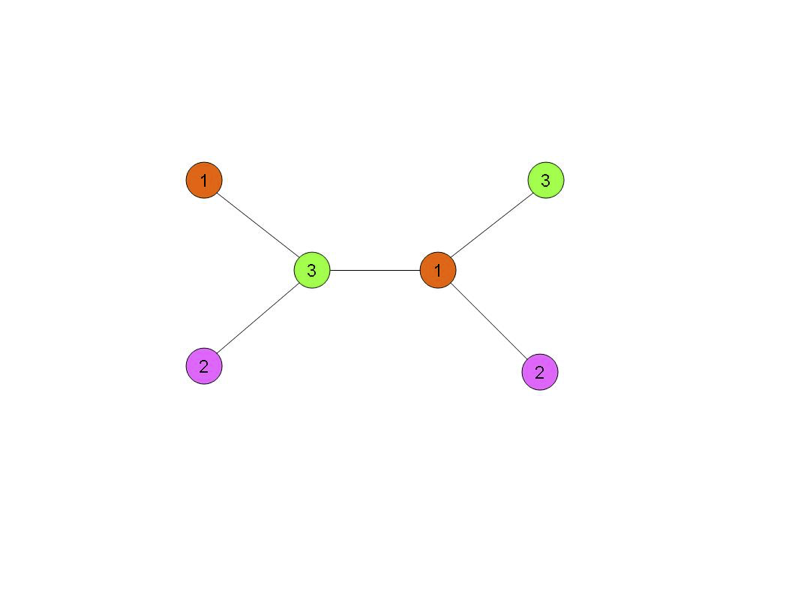
Research areas: Graph Theory and Games
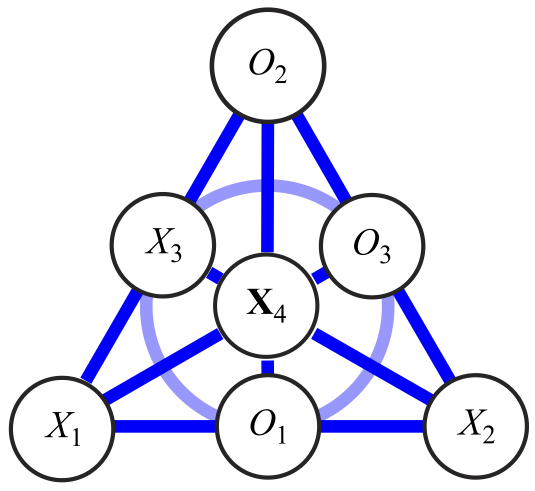
Research areas: Discrete mathematics, error-correcting codes, and finite geometry, often investigated through games.
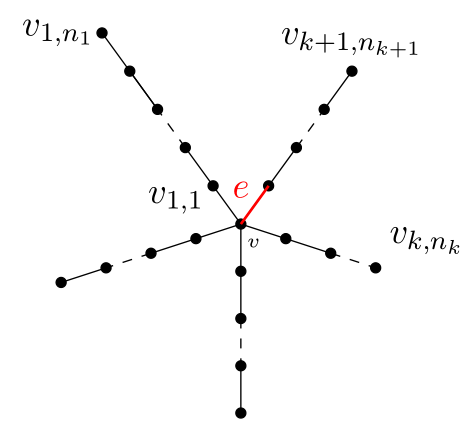
Research areas: Discrete mathematics, graph theory
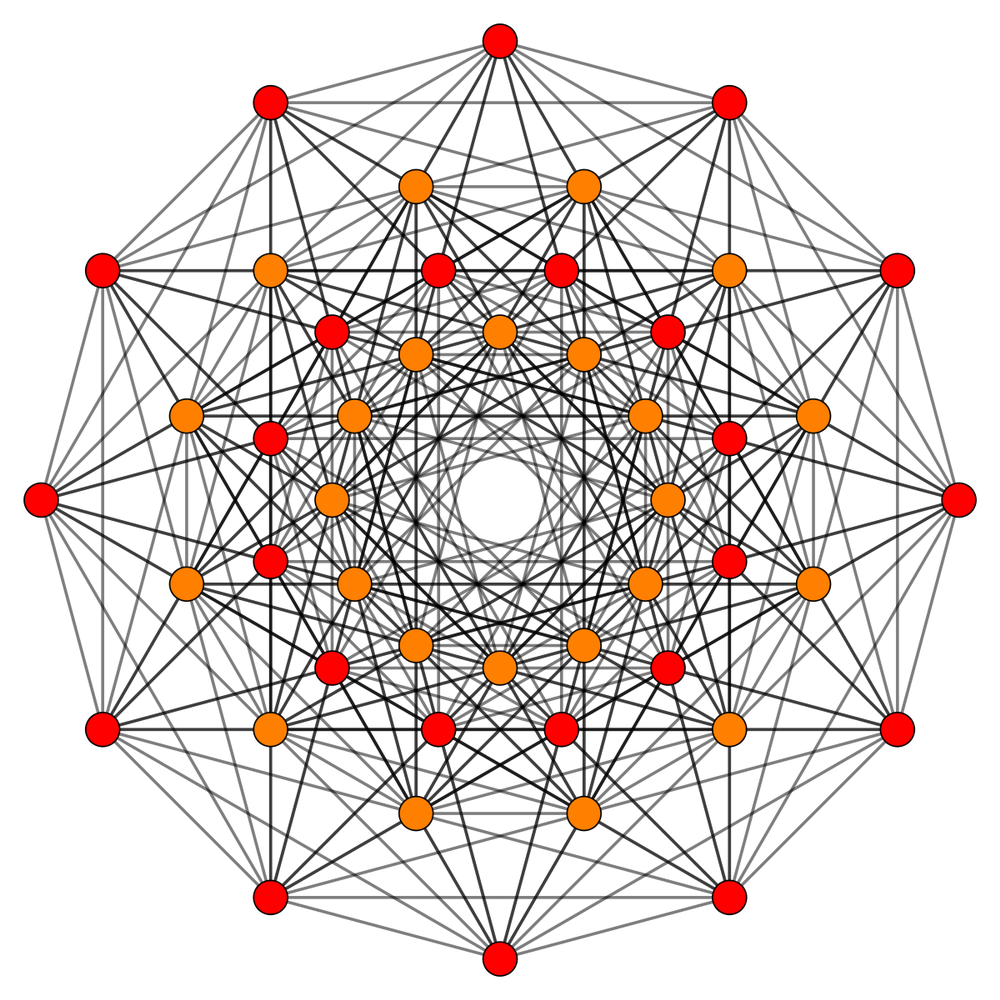
Research areas: Classification of low-dimensional Lie algebras

Research areas: Discrete mathematics

Research areas: Applied Math
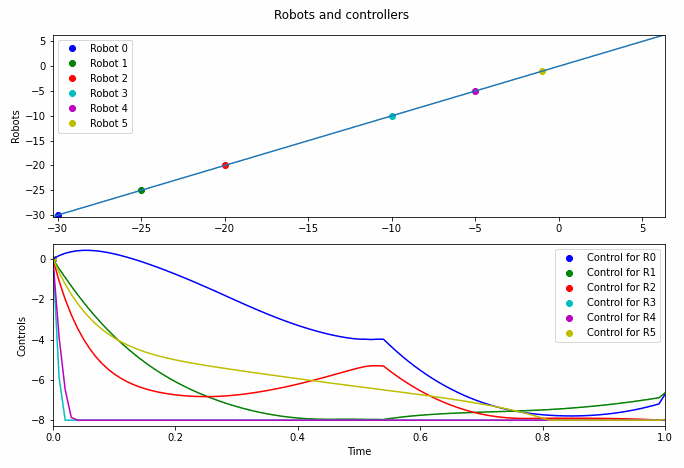
Research areas: Applied mathematics

Research areas: Linear algebra, factorization theory, connections between math and music
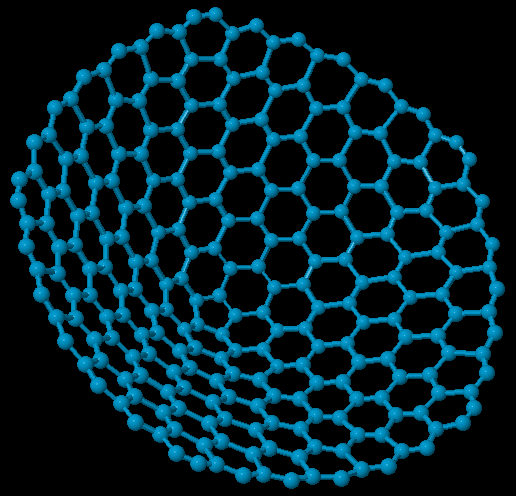
Research areas: Graph theory and discrete mathematics
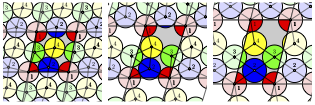
Research areas: Discrete Geometry, Spherical and Hyperbolic Geometry